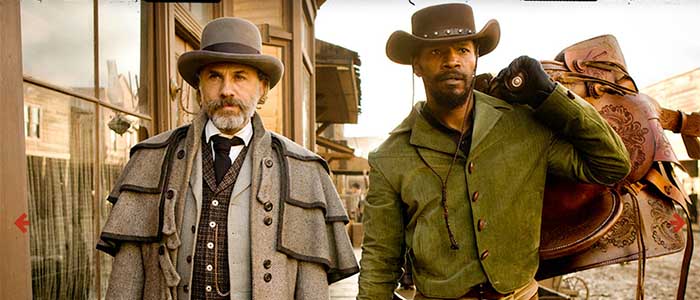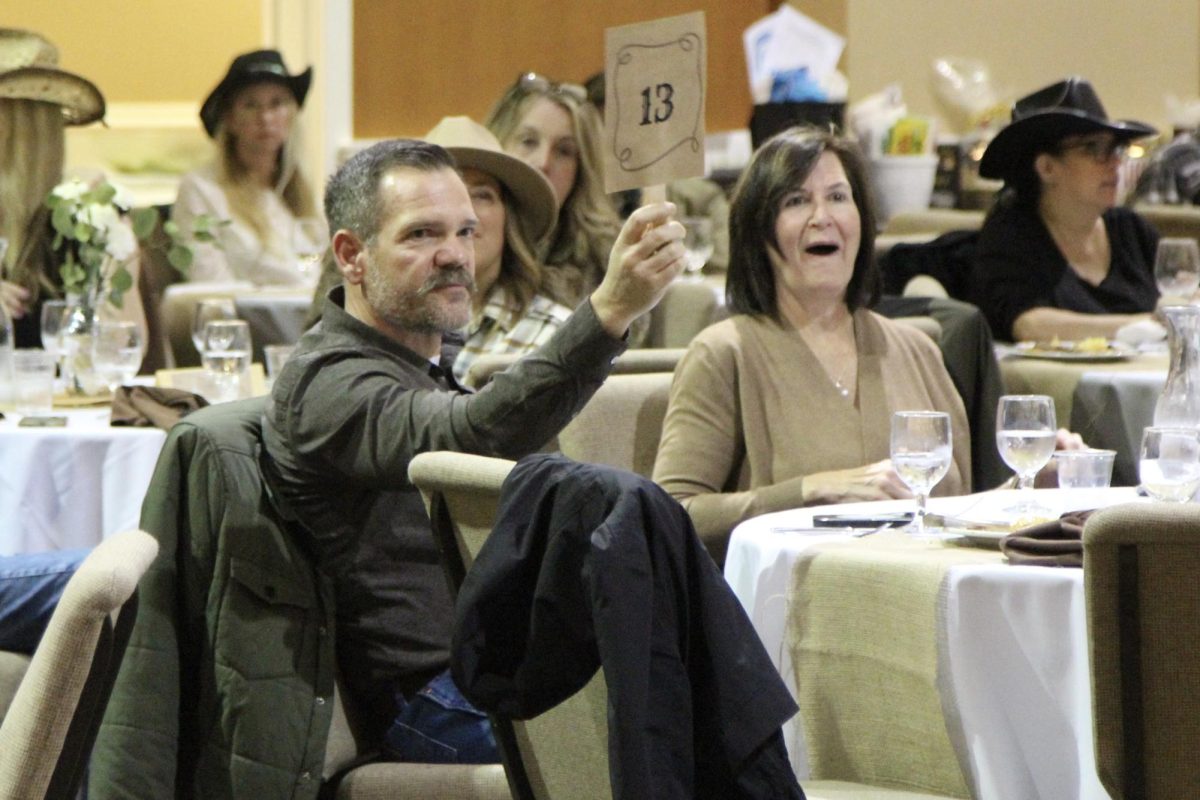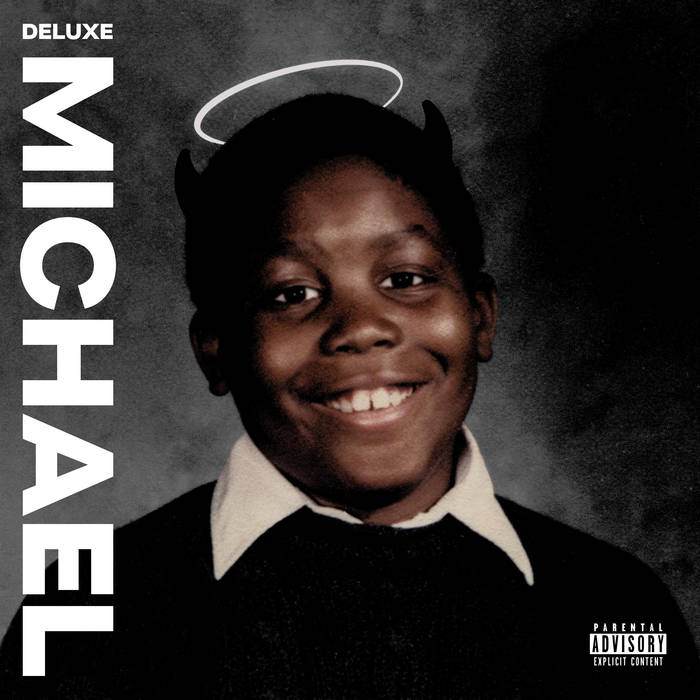
“Django Unchained” is absolutely mindblowing. I can’t even begin to describe the incredible magnitude of this godlike concoction of obscenity, violence and humor. It’s perfect.
The movie isn’t about slavery, as many would think given the setting and time period, which is the pre-Civil War American South. It’s about a dentist-turned-bounty hunter, Dr. King Schultz (Christoph Waltz) and a freed slave named Django (Jamie Foxx). Schultz frees Django in order to find the Brittle Brothers, Schultz’ next targets. The Brittle Brothers are a trio of criminals and Schultz was tracking them down for a while. As compensation for providing his services, Django tells Schultz to help find his wife, Broomhilda von Shaft (Kerry Washington).
What stood out the most about this movie was the fearless inclusion of all sorts of questionable language, particularly the n-word, which appeared 213 times. Though offensive in modern society, the n-word was commonly used by both races in that time period, so it’s ridiculous to expect that Tarantino would modify his screenplay to the taste of those who are easily offended.
In fact, the word is an integral characteristic of the movie. It symbolizes the horrors and oppression inflicted upon blacks in ways that the bloodcurdling gunshots and spilled blood do not measure up to, and Tarantino knows that. He knows it and runs with it. I think that’s important, because forgetting the gruesome past on this word would do more harm to society. Yes, the word has an unfortunate and terrible history, but that’s what history is – the past. We learn from the past and use it to drive the future.
“Django” is suitable for those who are fans of Tarantino’s work, such as “Inglourious Basterds” and “Pulp Fiction”. However, it’s a spaghetti western – sort of in its own category among his films. The rural country setting, the yellow-toothed racist town dwellers and a notorious plantation owner (Leonardo DiCaprio as “Calvin Candie”) all make this already decadent treat more savory. Most of all, it’s relevant to keeping the story alive. Nothing feels out of place in this movie.
The violence aspect garnered much commentary even before the film’s release, but it’s mainly blood rather than gore or guts. The violence is quite intense, but if you’re not a fan of guts, you’ll be fine.
“Django” is already on its way to being deemed a classic. It’s a spaghetti western with a plot that is way thicker than a spaghetti noodle.
Not surprisingly, Tarantino won a Golden Globe for Best Screenplay. Christoph Waltz also won a Golden Globe for Best Supporting Actor. If the entire Django crew does not win over the Oscars, I think I might have to unchain myself from the couch and try out my newfound bounty hunting skills.
by KAVLEEN SINGH







